immutable class in java with mutable objects
Читать ещё Immutable objects have a very compelling list of positive qualities. In Java variables are mutable by default meaning we can change the value they hold.
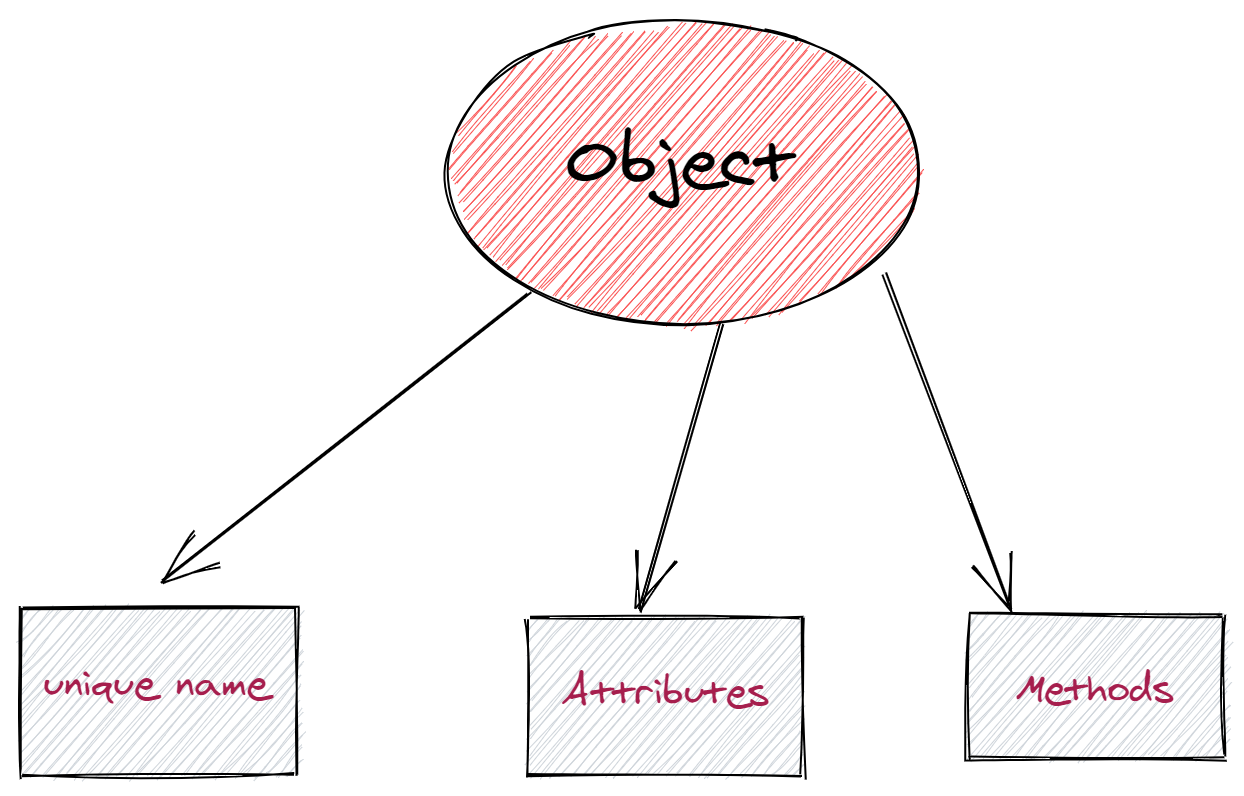
Algodaily Understanding Mutable Vs Immutable Objects Introduction
We can also create immutable class by creating final class that have final data members as the example given below.

. There are two types of immutable classes in Java - 1 Immutable classes which allow modification. The Mutable objects are may or may not be thread-safe but the immutable objects are thread-safe by default. An immutable class must be final as it should not be inherited.
Public ImmutableAddressfinal Addres addr ObjectscheckNotNulladdr null arguments not accepted. If any mutable object is used as a field in an immutable class then special handling has to be implemented so as to prevent its contents from being modified. Mutable Showing top 1 results out of 315 Add the Codota plugin to your IDE and get smart completions.
A public constructor should be present. Example to create Immutable class. In Java all the wrapper classes like Integer Boolean Byte Short and String class is immutable.
In some cases an object is considered immutable even if some internally used attributes change but the objects state. To create an immutable class in java you have to perform the following steps. Public final class ImmutableAddress private final String street.
StringBuffer StringBuilder javautilDate etc. Both mutable and immutable classes can either have public constructors or private constructors with static factory methods. We know that in Object-Oriented Programming there is a concept called inheritance due to which the child.
Immutable class can also be used for caching purpose as the state of an immutable object cannot be changed. By using the final keyword when declaring a variable the Java compiler wont let us change the value of that variable. Whereas the immutable objects are legacy classes wrapper classes String class etc.
It means we cant change the state of the object after construction. The mutable class examples are StringBuffer JavautilDate StringBuilder etc. If the state of an object can be changed or mutated after it has been created it is called mutable object in java.
Immutable objects have a very compelling list of positive qualitiesjavautilDate is used here only because its convenient for illustrating a point about mutable objectsIn new code you should use javatime classes not java. Immutable class in java Immutable Object. Mutable vs Immutable Java Comparison Table.
When we use the final keyword on a field or object then we must initialize it otherwise we will get a compilation error. Each object has instance member variables and methods which change the state. For example String class is an immutable class and we cant modify the value of string.
Examples of mutable classes in java are javautilDate StringBuffer StringBuilder etc whereas java legacy classes wrapper classes String class are examples of immutable classes in java. We not modify them once they are created. Mutable object You can change the states and fields after the object is created.
Declare the class as final so it cant be extended. Its changed the state of an object during object creation using the constructor. We can create our own immutable class as well.
In these classes after modification if the content is different then a new object will be created. Before trying to achieve immutability in Java we should talk about the final keyword. Dont provide setter methods for variables Declare all mutable fields final so that its values can be assigned only once.
Consider the below table. All fields of an immutable class should be made final. By default all the Java classes created by us will be mutable classes unless we add immutable behavior to them.
The Immutable class doesnt provide any way for other objects to modify the state of java immutable object. Declare all fields private so that direct access is not allowed. That has no impact on the immutability of the class since a mutable class is one whose state can be changed after creation whereas an immutable classs state cannot be changed after instantiation.
Alternate static constructor public static ImmutableAddress fromfinal Address addr return new ImmutableAddressaddr. A object is know as immutable if its state can not be changed over-time or we can say after object creation. Maximum reliance on immutable objects is widely accepted as a sound strategy for creating simple reliable code.
This article shows you the difference between Mutable and Immutable objects in Java 1. They are not final in nature. A class is considered as an immutable class if the object of the class is immutable.
There are many immutable classes like String Boolean Byte Short Integer Long Float Double etc. What are mutable and immutable objects in java. Mutable classes may or may not be thread-safe whereas immutable classes are by default thread-safe.
Immutable object You cannot change anything after the object is created. Instead it will report a compile-time error. Immutable classes with instance members are not changed their state via methods.
Best Java code snippets using comcodepoeticsoctarine. Else the same object will be reused. Immutable Objects An object is considered immutable if its state cannot change after it is constructed.
In object-oriented and functional programming an immutable object unchangeable object is an object whose state cannot be modified after it is created. Need of Immutable Classes In current days most of the applications are running into multi-threading environment which results into concurrent modification problems. In short all the wrapper classes and String class is immutable.
This is in contrast to a mutable object changeable object which can be modified after it is created. Use the final Keyword. In Java immutability can be achieved in fields and objects.
To make them immutable we should use the final keyword when declaring them. Prior to going ahead do go through characteristics of immutability in order to have a good understanding while implementing the same. By default these are mutable which means their state can change.
Without question they are among the simplest and most robust kinds of. Mutable Class and Mutable Object in Java A mutable class in Java is a class whose objects are mutable ie modifiable. Immutable class in java.
Mutable and immutable objects in java Mutable objects Immutable objects are like variables. The steps to create an Immutable Class in Java are as follows. We can create our own immutable class as well.
An immutable class is a class once the class instance is created Their contentstate can not be changed.
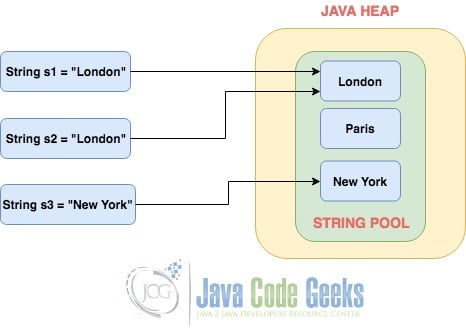
Immutable Class Java Example Examples Java Code Geeks 2022
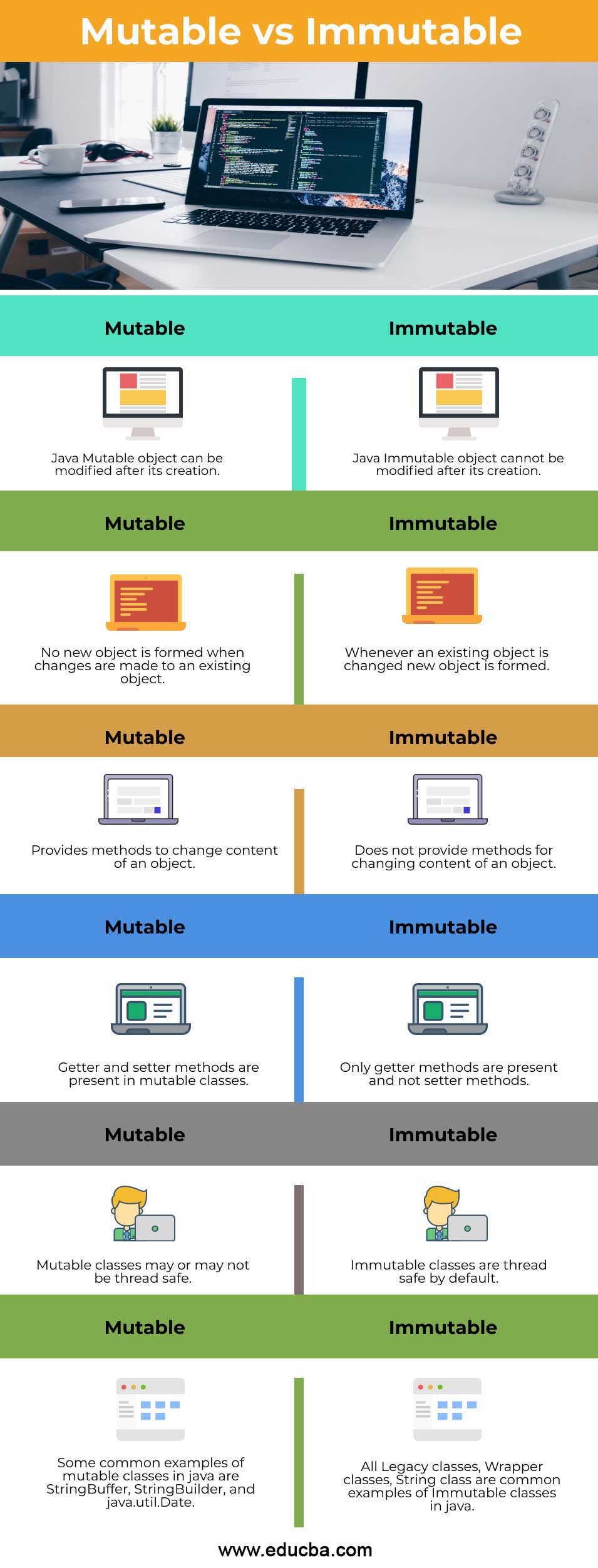
Mutable Vs Immutable Java Top 6 Differences In Data Structures

Reading 9 Mutability Immutability
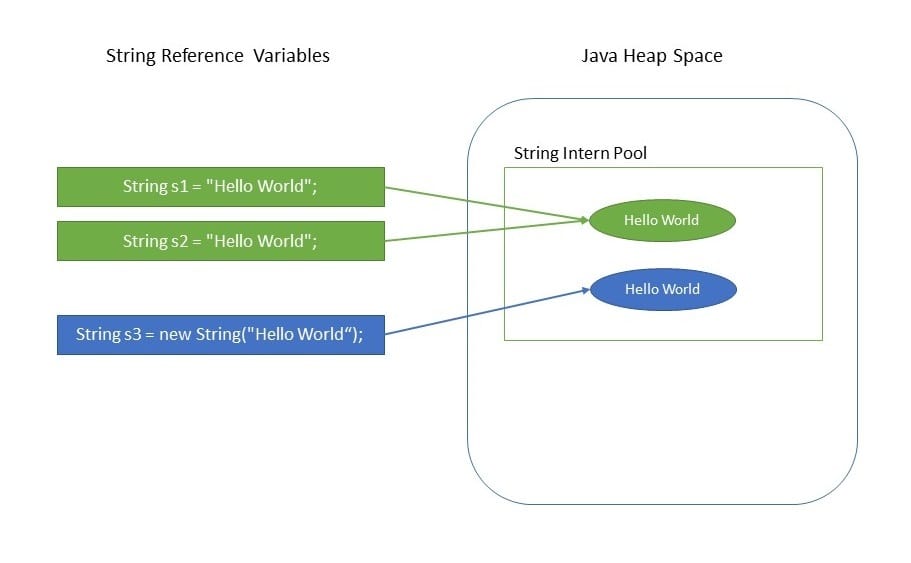
Why String Is Immutable In Java Baeldung

Final Vs Immutability In Java Geeksforgeeks
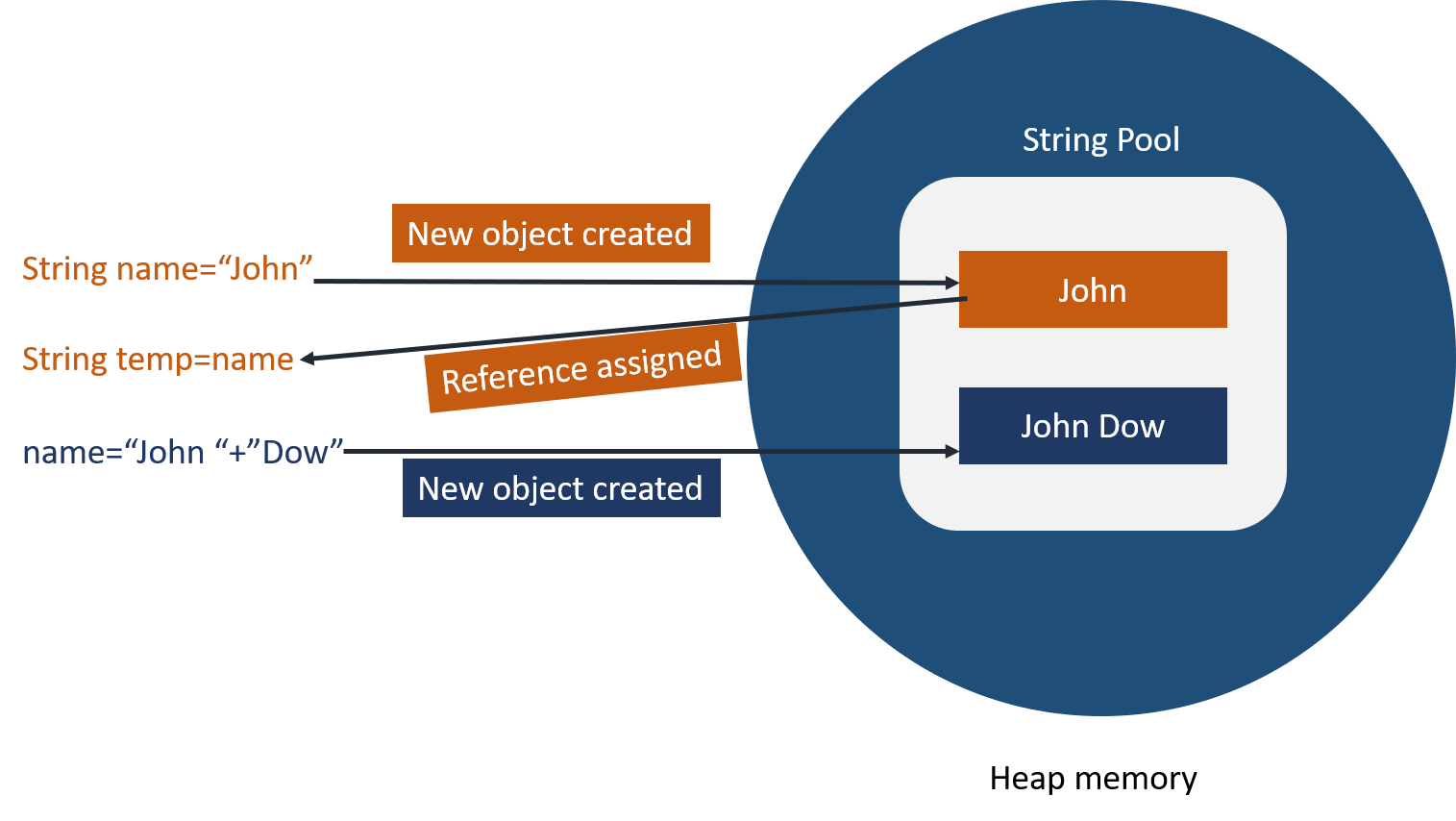
What Is Mutable And Immutable In Java Bytesofgigabytes

Immutable Classes And Objects In Java Coding Guru

Mutable Immutable Everything Is Object By Araque Medium
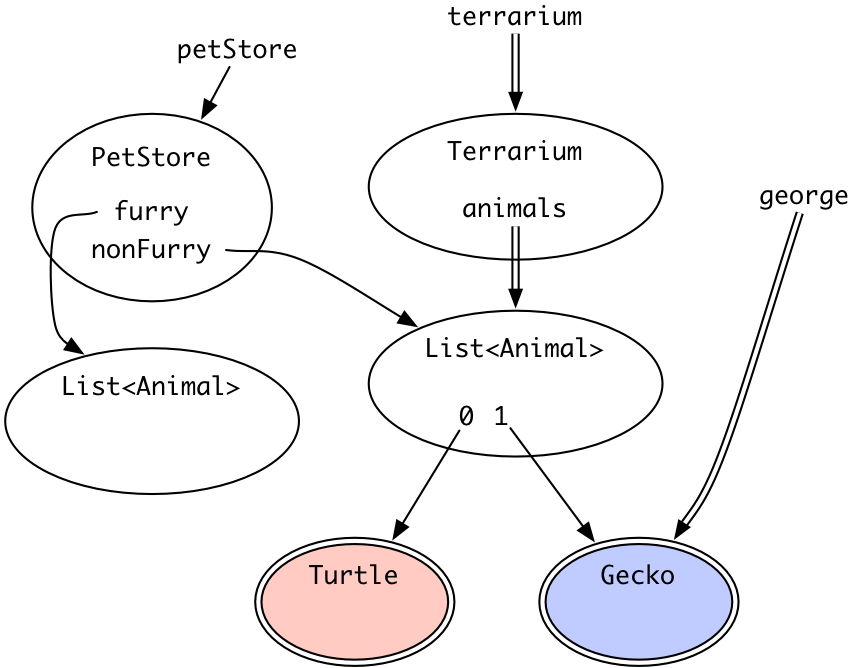
Reading 9 Mutability Immutability
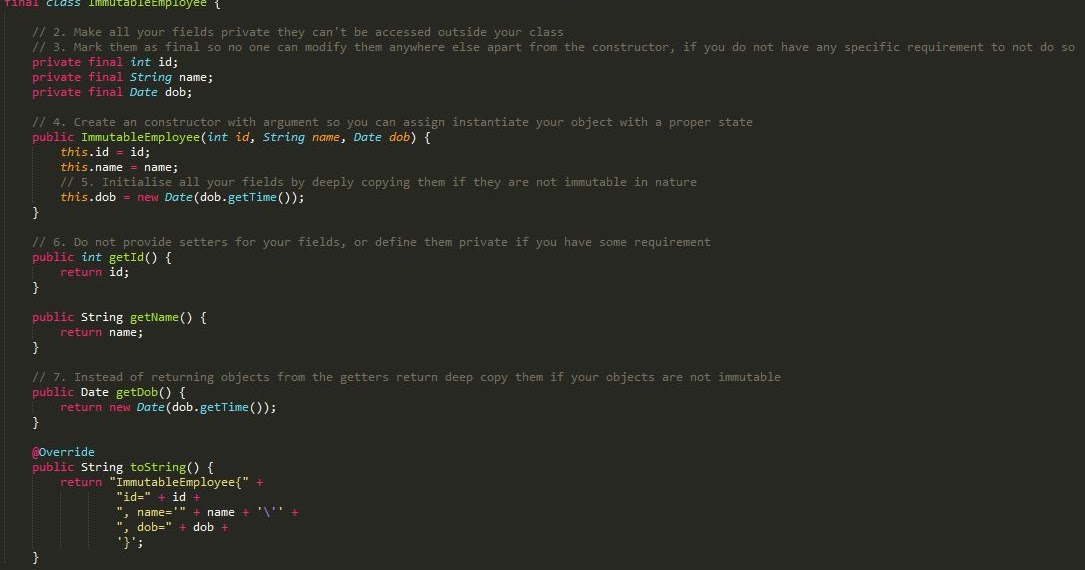
How To Create An Immutable Class In Java With Example Programming Mitra

Do You Know Immutable Class In Java Why String Is Immutable By Vikram Gupta Javarevisited Medium
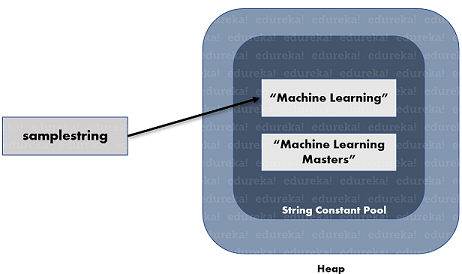
Differences Between Mutable And Immutable In Java Edureka

Immutable Classes And Objects In Java Youtube

Algodaily Understanding Mutable Vs Immutable Objects Introduction

Java What Is An Immutable Class How To Create Immutable Class What Are The Advantage Of Immutability Why Is It Important In Multi Threading Context Can You Write A
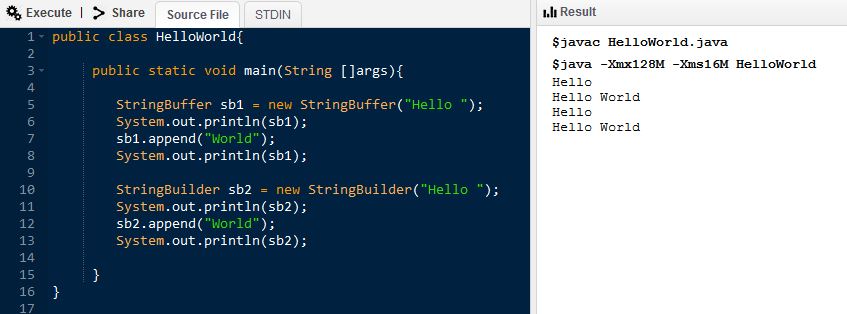
What Is The Difference Between Mutable And Immutable In Java Pediaa Com
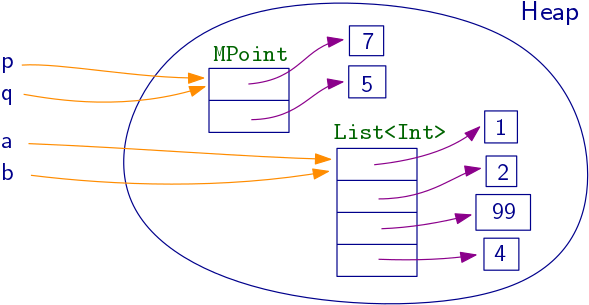
Cs109 Tutorials Immutable And Mutable Objects References And The Heap
